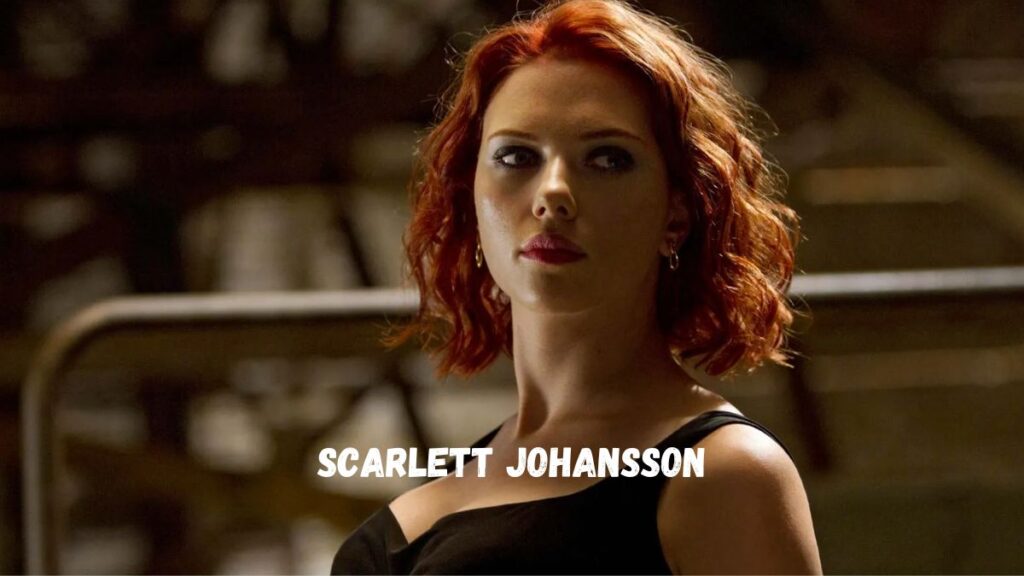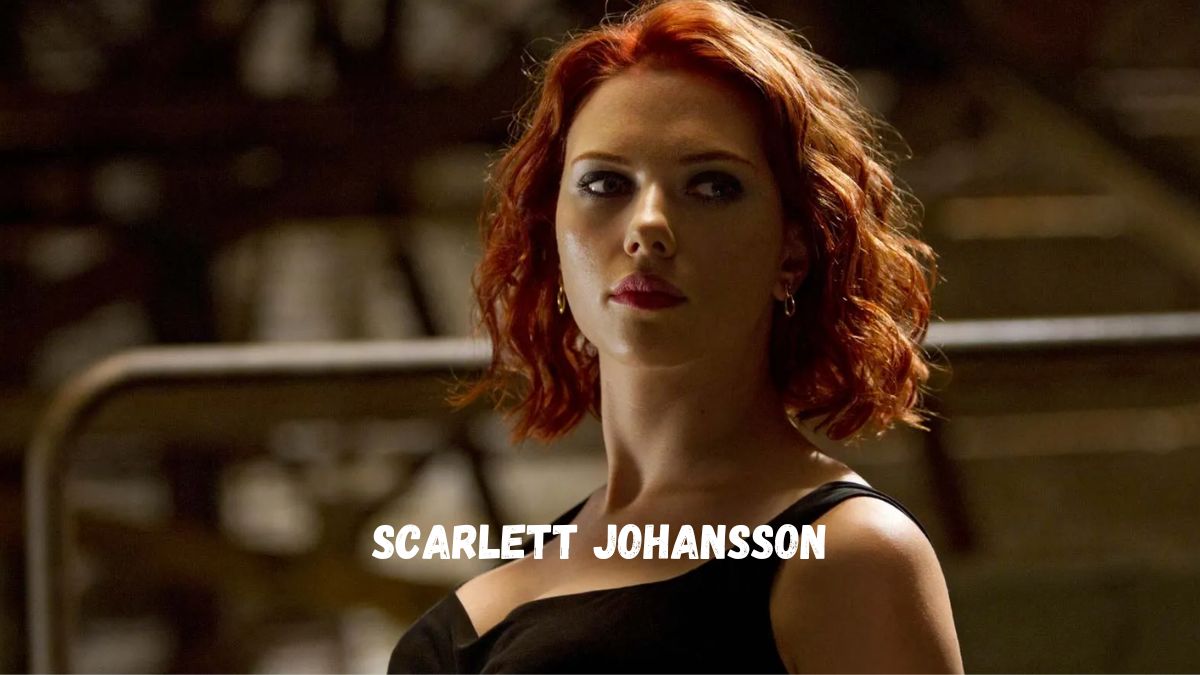
OpenAI’s decision to remove the ChatGPT voice known as “Sky” has ignited a firestorm of controversy, drawing attention to the intricate relationship between technology and creative expression. The genesis of this issue lies in the uncanny resemblance between Sky’s voice and that of Scarlett Johansson’s portrayal of Samantha, the AI companion in the movie “Her.” Johansson, a prominent Hollywood actress, found herself unexpectedly embroiled in the debate when her legal team intervened, demanding transparency from OpenAI regarding the voice development process.
Search
Recent Posts:
- OpenAI Brings ChatGPT to be used in WhatsApp: Here’s How It Works and What You Can Do To Use It.
- Realme 14x 5G: A Budget Smartphone With Premium Features.
- Exploring Apple Genmoji: A New Era of Custom Emoji Creation.
- 2024 United States Presidential Election: Donald Trump Declares Victory in 2024 Presidential Election
- Chancellor Olaf Scholz’s Visit to India: Advancing Indo-German Cooperation on Defense, Trade, and Regional Stability.
OpenAI’s Groundbreaking GPT-40: Revolutionizing Human-AI Interactions
The saga unfolded against the backdrop of OpenAI’s unveiling of its latest innovation, GPT-40, a sophisticated model designed to imbue ChatGPT with heightened conversational abilities. With features like emotion detection, facial expression analysis, and adaptive tone modulation, GPT-40 promised to revolutionize human-AI interactions. During a live demonstration, OpenAI showcased GPT-40’s capabilities, eliciting awe and excitement from the audience. The company’s meticulous selection process for voices, which spanned five months and involved hundreds of submissions from voice and screen actors, underscored its commitment to quality and authenticity.
Scarlett Johansson’s Impact on the ChatGPT Controversy: Ethical Reflections on AI and IP Rights
Scarlett Johansson’s revelation added a layer of intrigue to the narrative, shedding light on her personal involvement in the genesis of ChatGPT. According to Johansson, she was approached by Sam Altman, a key figure at OpenAI, with an offer to lend her voice to the ChatGPT 4.0 system. Altman envisioned Johansson’s involvement as a bridge between technology and creativity, believing that her familiar voice would instill comfort and familiarity in users. However, Johansson’s decision to decline the offer stemmed from her reservations about the striking similarity between her voice and Sky’s, a concern that OpenAI seemingly overlooked.
The fallout from Johansson’s disclosure reverberated throughout the tech community, prompting soul-searching discussions about the ethical implications of AI development. OpenAI’s swift response, which included the suspension of Sky’s usage pending further investigation, reflected a recognition of the gravity of the situation. Meanwhile, the broader implications of this controversy underscored the need for clearer guidelines and protocols in the realm of AI and intellectual property rights.
OpenAI’s Copyright Battles and the Cry for Artist Protection
As the dust settled, OpenAI found itself grappling with a series of legal challenges, further complicating an already contentious landscape. Authors and actors, including Remi Michelle Clarke and John Grisham, accused the company of unauthorized use of their copyrighted works, alleging systematic theft on a massive scale. These lawsuits underscored the growing tension between tech giants and creative individuals, highlighting the need for greater transparency and accountability in the digital age.
Johansson’s remarks resonated with Remi Michelle Clarke’s experience, who discovered her voice being exploited without consent in the realm of synthetic AI. Clarke’s ordeal served as a cautionary tale, illustrating the vulnerabilities faced by artists in an era of rapid technological advancement. Her impassioned plea for clarity and protection struck a chord with creatives worldwide, sparking renewed calls for legislative reforms and industry standards.
The New York Times’ lawsuit against OpenAI and Microsoft added another layer of complexity to the unfolding drama. The lawsuit, which accused the companies of using The Times’ articles to train chatbots without authorization, underscored the broader implications of AI on journalistic integrity and intellectual property rights. The outcome of this legal battle could set a precedent for future interactions between tech companies and media organizations, shaping the contours of digital innovation and regulation for years to come.
The OpenAI Sky Voice Controversy and its Impact on Technology, Creativity, and Intellectual Property
The controversy surrounding OpenAI’s decision to pull the Sky voice has brought to the fore a host of complex issues surrounding technology, creativity, and intellectual property. From Scarlett Johansson’s unexpected involvement to the legal battles waged by authors and media organizations, the fallout from this incident has far-reaching implications for the future of AI development. As stakeholders grapple with the ethical and legal ramifications of these developments, one thing remains clear: the need for greater transparency, accountability, and collaboration in navigating the ever-evolving landscape of technology and innovation.
To read more topics, please visit: https://insightfulbharat.com






